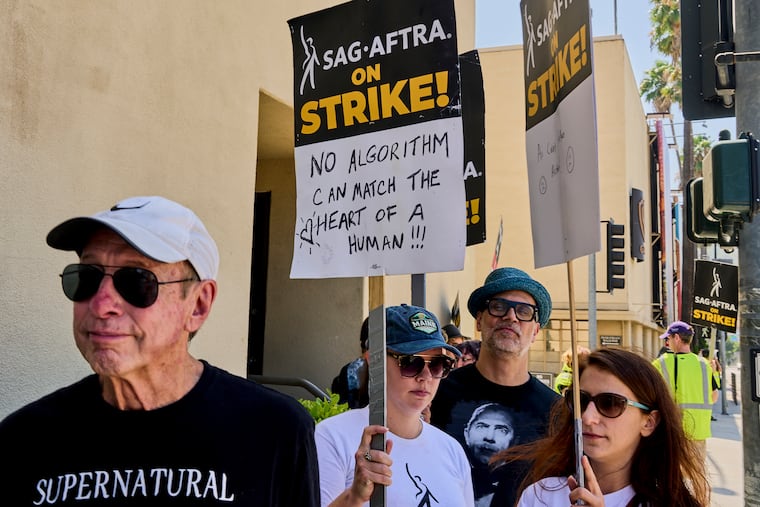Labor unions unite to address the growing influence of algorithms in workplace environments.
As the integration of artificial intelligence (AI) technologies into the workplace accelerates, labor unions across the United States are increasingly collaborating with state legislators to establish regulations governing the use of AI. This surge in regulatory efforts comes in the wake of a failed proposal at the federal level to impose a moratorium that would have prohibited states from implementing their own AI regulations for a decade.
The push to regulate AI could significantly reshape how this technology is utilized in various job sectors, impacting the deployment of innovations ranging from autonomous vehicles to productivity-tracking software. In Massachusetts, the Teamsters union has supported legislation mandating that autonomous vehicles must have a human operator capable of taking control during a ride, effectively banning completely driverless operations. Similarly, Oregon lawmakers recently enacted a bill championed by the Oregon Nurses Association that prevents AI systems from using the term “nurse” or any related abbreviations, emphasizing the need for human oversight in critical professions.
Union officials express concern that if left unchecked, AI could lead to significant job losses and undermine workers’ rights. This apprehension has been echoed in various labor disputes, including high-profile strikes in the entertainment industry earlier this year, which highlighted the potential consequences of unchecked AI deployment.
Recent data from Gallup indicates that one-third of American workers harbor fears that AI could reduce job availability, a sentiment that has sparked extensive debate among stakeholders. Advocates of AI technology argue, historically, innovations that disrupt certain job categories also tend to create new employment opportunities.
Lorena Gonzalez, co-chair of the newly formed AFL-CIO task force focused on AI, has articulated that AI could emerge as a pivotal issue for the labor movement, likening its potential impact to the transformative effects of the North American Free Trade Agreement (NAFTA) in the 1990s, which led to substantial changes in U.S. employment dynamics.
The AFL-CIO task force intends to assist labor unions in addressing AI-related challenges through collective bargaining processes while developing model legislation that could be adopted by state leaders. Recent proposals, such as one from California’s Democratic Senator Jerry McNerney, advocate for regulations that prohibit employers from relying solely on AI for decisions related to employee terminations and discipline. These legislative efforts aim to ensure human oversight in significant employment decisions while restricting the utilization of AI tools that anticipate workers’ behaviors or attributes.
Despite the growing momentum for AI regulation, pushback has emerged from parts of the tech industry and some business groups. Critics, such as Rob Atkinson, president of the Information Technology and Innovation Foundation, contend that inhibiting AI-driven productivity could stifle economic growth. Atkinson argues for a focus on improving support programs for displaced workers rather than hindering technological advancement.
The debate over the regulation of AI continues to evolve, with many experts urging proactive measures to protect workers’ interests while allowing for the responsible integration of innovative technologies in the workplace. As discussions surrounding the future of work intensify, both labor unions and technology advocates recognize the urgent need to navigate this complex landscape collaboratively to safeguard employment and adaptability in a rapidly changing job market.
Media News Source







